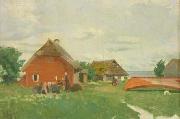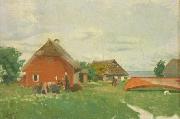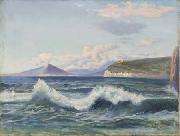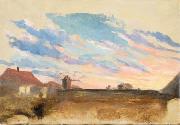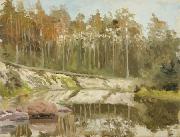|
||||||||||
|
|
||||||||||
|
Pakri motiiv Gemälde ID:: 71159 Siehe Galerie in Schweden |
Pakri motiiv 1898(1898) Oil on canvas mounted on cardboard 23.7 x 35.4 cm (9.33 x 13.94 in) 1898(1898) _ Oil_on_canvas_mounted_on_cardboard _ _23.7_x_35.4_cm_(9.33_x_13.94_in) |
|||||||||
|
|
||||||||||
|
Pakri motiiv Gemälde ID:: 72268 Siehe Galerie in Schweden |
Pakri motiiv Date 1898(1898) Medium Oil on canvas mounted on cardboard Dimensions 23.7 X 35.4 cm (9.33 X 13.94 in) cyf Date_1898(1898) _ Medium_Oil_on_canvas_mounted_on_cardboard _ Dimensions_23.7_X_35.4_cm_(9.33_X_13.94_in) _ cyf |
|||||||||
|
|
||||||||||
|
Bay of Naples Gemälde ID:: 73487 Siehe Galerie in Schweden |
Bay of Naples 1896(1896) Oil on canvas 39.7 X 52 cm (15.63 X 20.47 in) cjr 1896(1896) _ Oil_on_canvas _ 39.7_X_52_cm_(15.63_X_20.47_in) _ cjr |
|||||||||
|
|
||||||||||
|
Evening in Suur-Pakri Gemälde ID:: 74018 Siehe Galerie in Schweden |
Evening in Suur-Pakri 1890s ?C 1900s Oil on canvas 23.2 X 33.5 cm (9.13 X 13.19 in) cjr 1890s_?C_1900s _ Oil_on_canvas _ 23.2_X_33.5_cm_(9.13_X_13.19_in) _ cjr |
|||||||||
|
|
||||||||||
|
Evening near Paldiski Gemälde ID:: 74019 Siehe Galerie in Schweden |
Evening near Paldiski 2nd half of 1890s ?C 1910s Oil on canvas 32.5 X 45.3 cm (12.8 X 17.83 in) cjr 2nd_half_of_1890s_?C_1910s _ Oil_on_canvas _ 32.5_X_45.3_cm_(12.8_X_17.83_in) _ cjr |
|||||||||
|
|
||||||||||
| Vorheriger Künstler Nächster Künstler | ||||||||||
|
|
||||||||||
| Amandus Adamson | ||||||||||
| (12 November 1855, Uuga-Rätsepa, near Paldiski -26 June 1929, Paldiski) was an Estonian sculptor and painter. Born into a seafaring family, Adamson excelled in wood carving as a child. He moved to St. Petersburg in 1875 to study at the Imperial Academy of Arts under Alexander Bock. After graduation he continued to work as a sculptor and teacher in St. Petersburg, with an interruption from 1887 through 1891 to study in Paris and Italy, influenced by the French sculptors Jules Dalou and Jean-Baptiste Carpeaux. Adamson produced his best-known work in 1902. His Russalka Memorial, dedicated to the 177 lost sailors of the Ironclad warship Russalka, features a bronze angel on a slender column. The other work is architectural. His four allegorical bronzes for the Eliseyev department store in St. Petersburg (for architect Gavriil Baranovsky), and the French-style caryatids and finial figures for the Singer House (for architect Pavel Suzor) are major components of the "Russian Art Nouveau" visible along Nevsky Prospekt. | ||||||||||
|
|
||||||||||
IntoFineArt Co,.Ltd.








